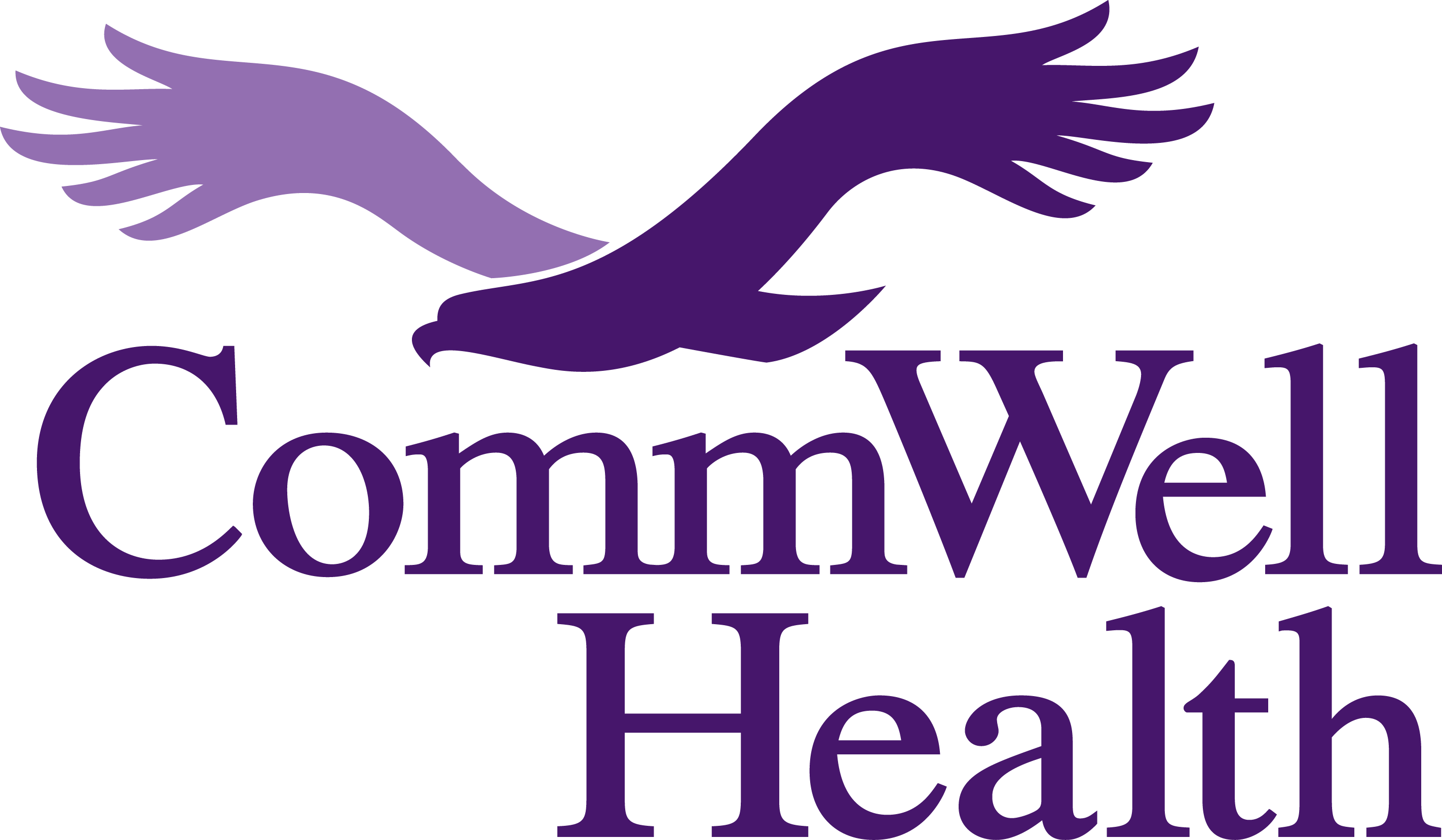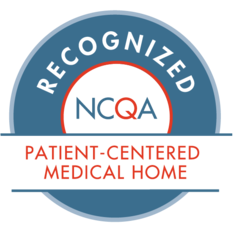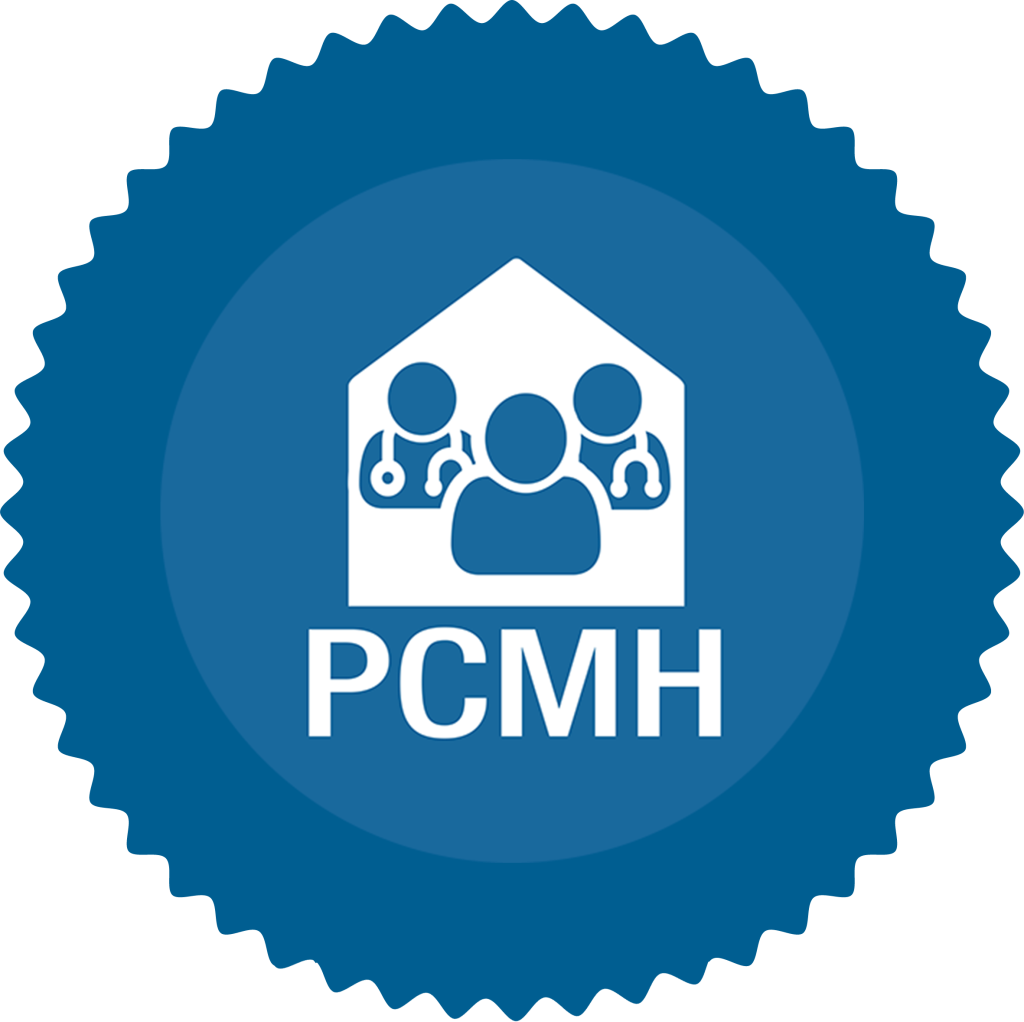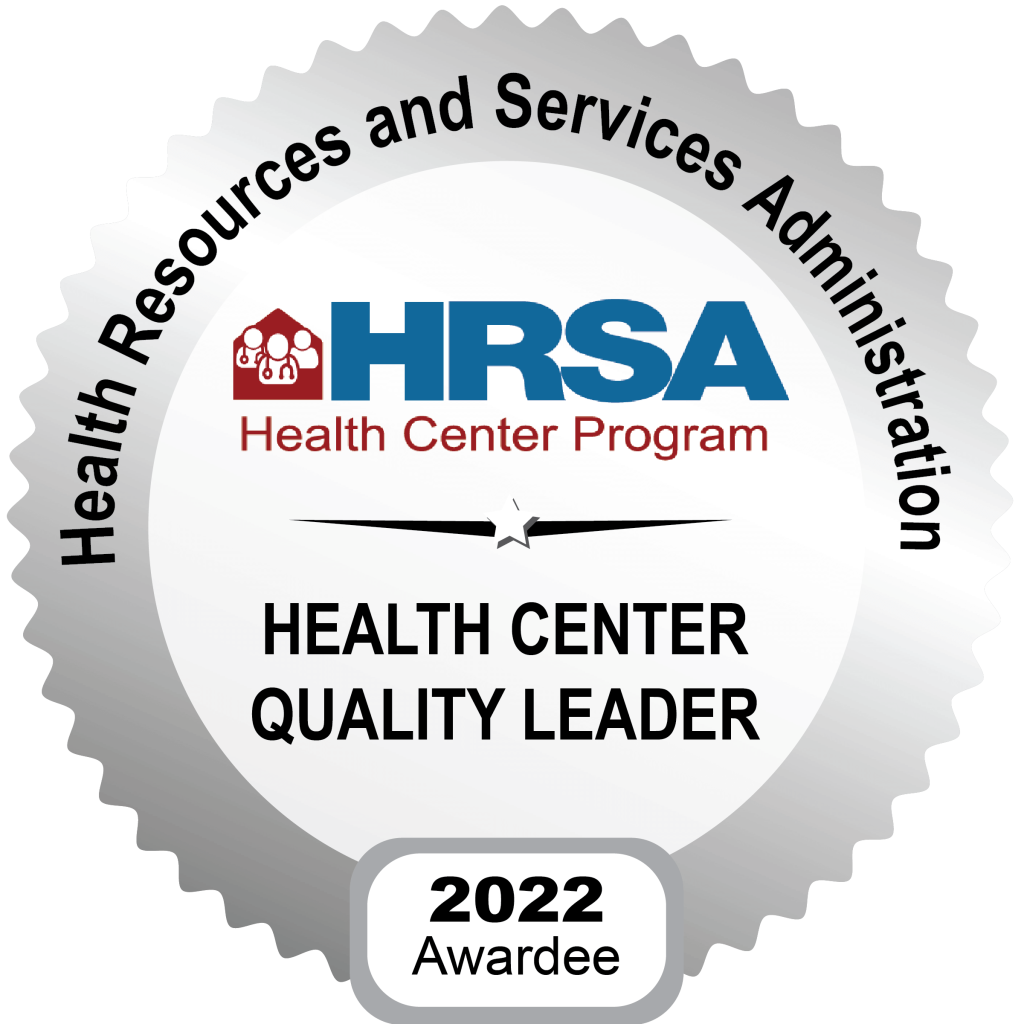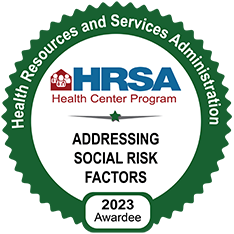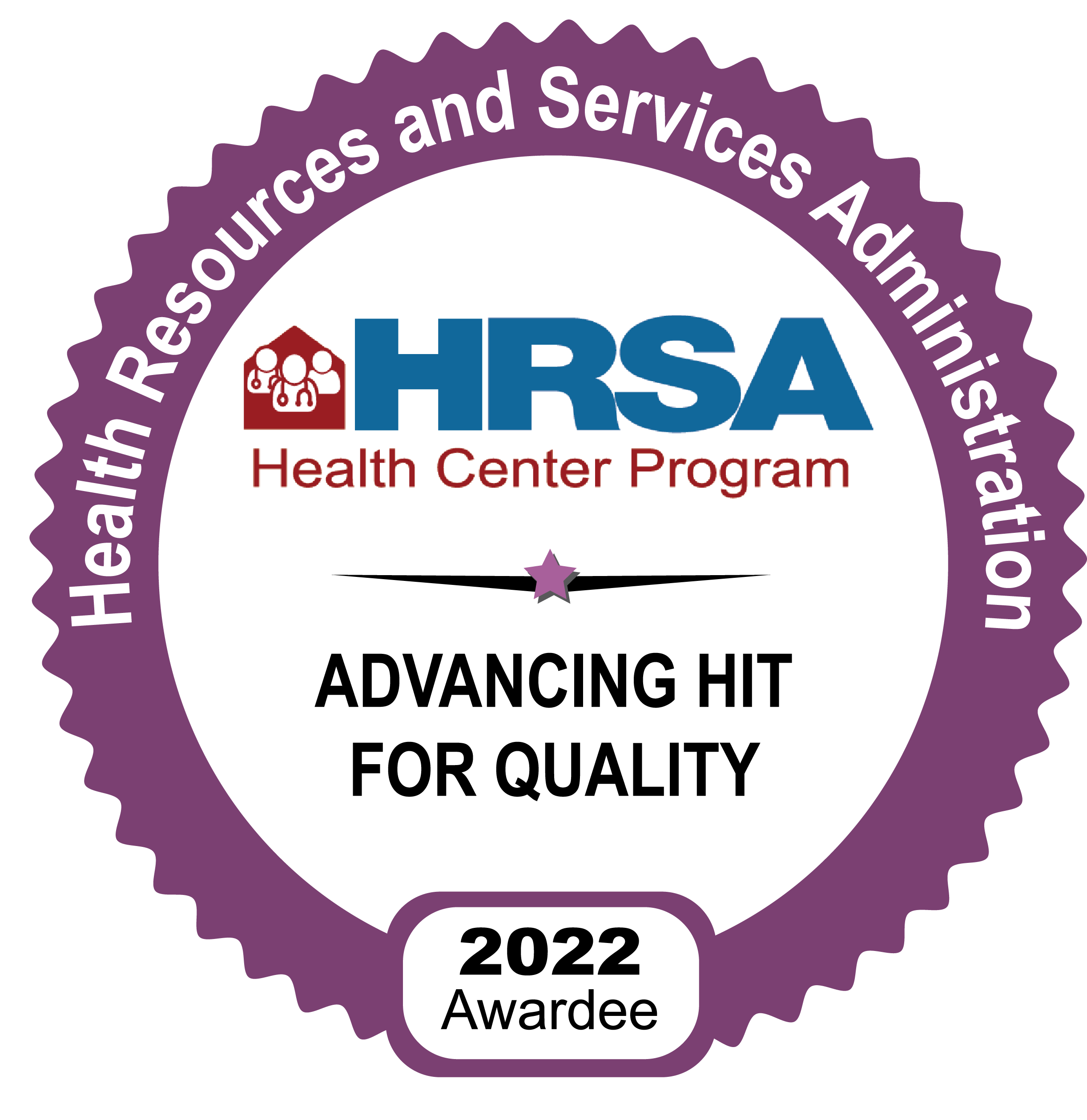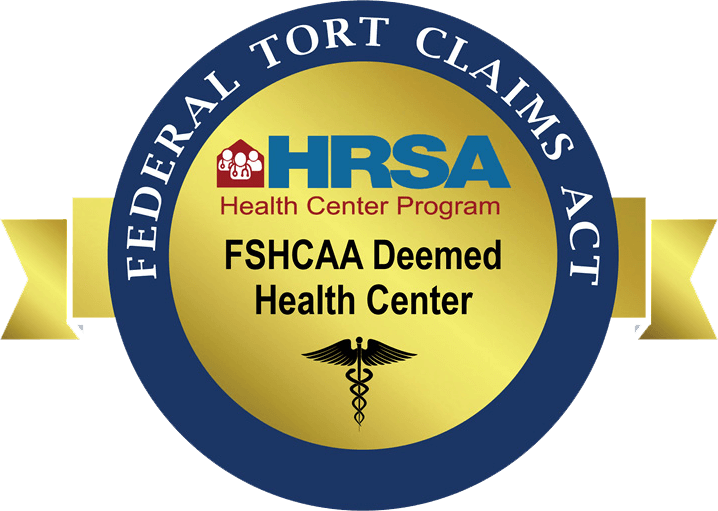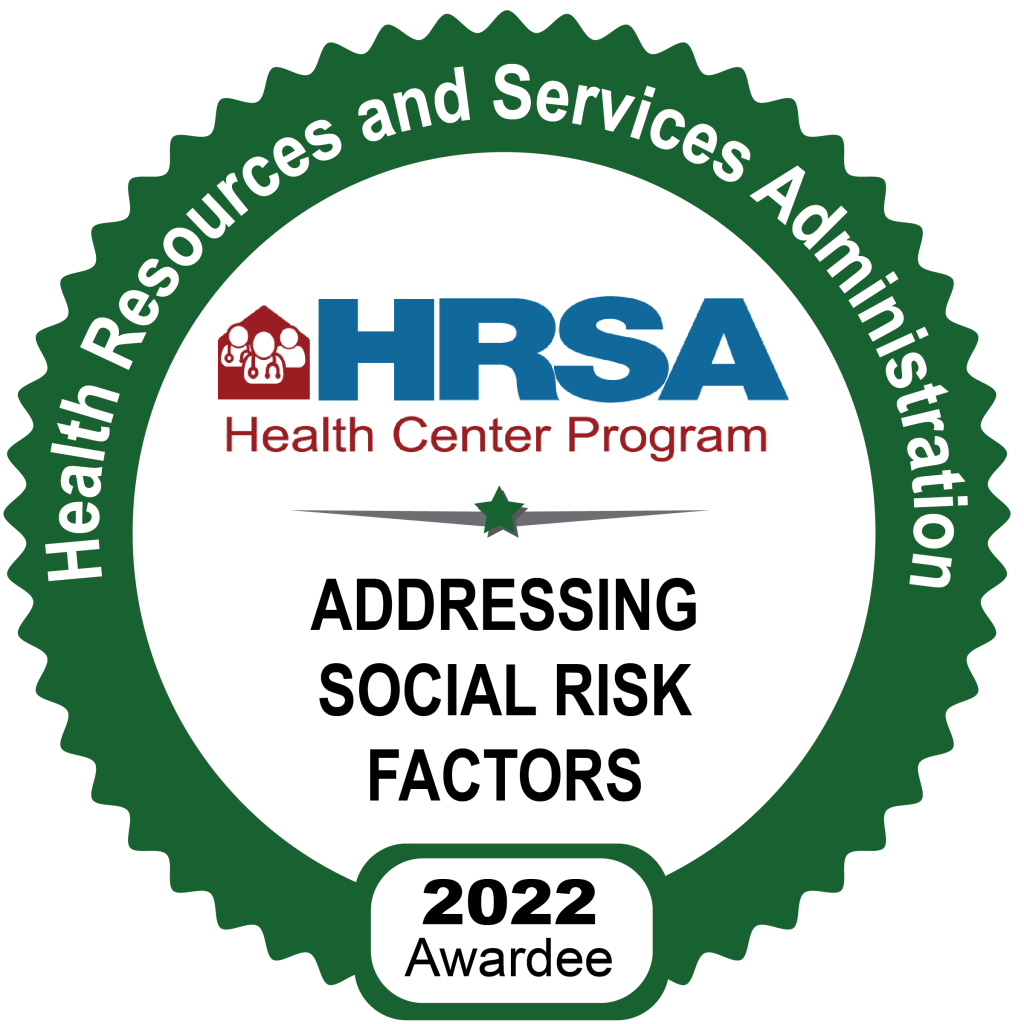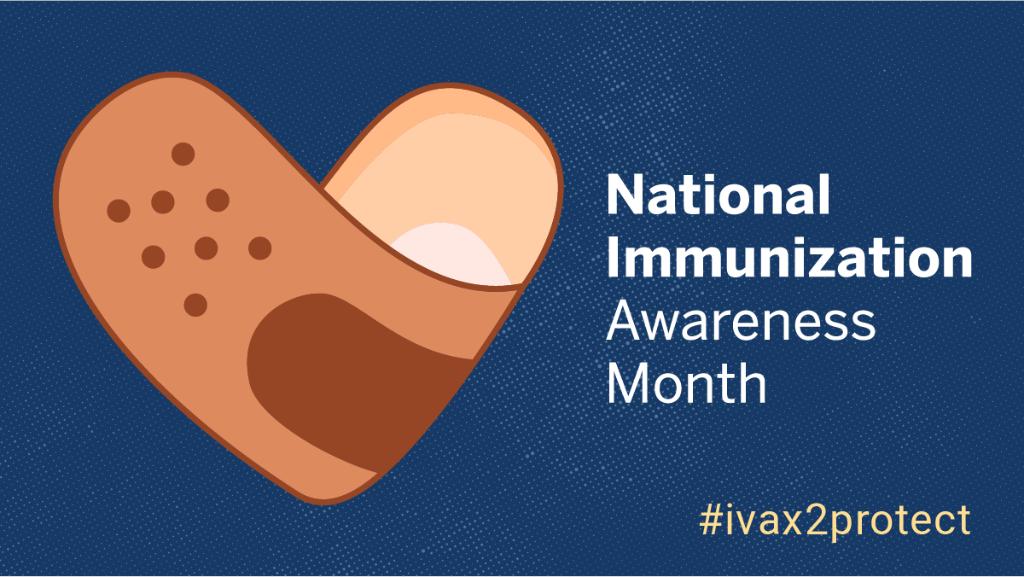
Growing Up with Vaccines: What Should Parents Know?
CDC’s Interactive Vaccine Guide for Families
Why Vaccinate?
Parenting is an amazing, but often challenging, journey. With every milestone, you face new questions. How can you keep your child safe? How can you help them grow? The right choices aren’t always clear.
Like many parenting topics, vaccination can feel overwhelming at first. The good news is there are clear recommendations, backed by extensive research. Here’s everything you need to know, from the womb to graduation.
Pregnancy
If you are pregnant or plan to become pregnant, vaccination is an important step in keeping you and your baby healthy. During pregnancy, you share everything with your baby. By staying up to date with vaccines before and during pregnancy, you can pass along protection that will help protect your baby from some diseases during the first few months after birth. Vaccines given before pregnancy may also help protect you from serious disease while you are pregnant, including rubella, which can cause miscarriages and birth defects.
Talk to your doctor about other vaccines you may need before, during, and after becoming pregnant.
The First Year
Vaccination is a big part of giving children a healthy start in their first year. In fact, your baby needs one vaccine right away. Make sure your baby gets the first dose of hepatitis B vaccine shortly after birth.
More than one dose is necessary for many vaccines. Additional vaccine doses will:
- Build high enough immunity to prevent disease.
- Boost immunity that weakens over time.
- Make sure people who did not get immunity from a first dose are protected.
- Protect against germs that change over time, such as the flu.
Into Adulthood:
Keeping up to date with vaccinations is one of the best things you can do to keep your child healthy from the womb to leaving the nest. Establishing good habits throughout childhood, including vaccination and annual doctor’s visits, will also help your child stay healthy as an adult.
And while you are busy keeping your child’s vaccines up to date, don’t forget about yourself! All adults need a flu vaccine every year, before the end of October, as well as a Td vaccine every ten years. Healthy adults 50 years and older should get shingles vaccine. Adults 65 years or older need one dose of pneumococcal conjugate vaccine (PCV13) followed by one dose of pneumococcal polysaccharide vaccine (PPSV23). Adults younger than 65 years who have certain health conditions like heart disease, diabetes, cancer, or HIV may also need one or both of these vaccines. Adults may need other vaccines based on health conditions, job, lifestyle, or travel habits. Take a quick quiz to learn more about adult vaccines you may need.
As you know, immunizations stem the transmission of dozens of infectious diseases, including viral hepatitis. Vaccines have effectively changed the course of population health both at home and globally. However, the need for continued progress remains, especially as we look toward achieving our national viral hepatitis elimination goals.As you know, immunizations stem the transmission of dozens of infectious diseases, including viral hepatitis. Vaccines have effectively changed the course of population health both at home and globally. However, the need for continued progress remains, especially as we look toward achieving our national viral hepatitis elimination goals.
Despite safe and effective vaccines for hepatitis A and hepatitis B, hepatitis A outbreaks have occurred in 29 states (2016–today) and hepatitis B rates were above the Healthy People 2020 goal for nine states in 2016. As states across the country continue to respond to growing hepatitis A outbreaks and specific communities face higher hepatitis A outbreak risk , immunization is the best prevention action to take. One dose of the hepatitis A vaccine has been shown to control outbreaks and provides up to 95% protection in healthy adults, which will also prevent new outbreaks. Recent steep increases in hepatitis B in a number of states have occurred because not enough people are vaccinated for hepatitis B.
Ensuring vaccination of all infants and at-risk adults can prevent infections and unnecessary deaths. Successful implementation of widespread hepatitis A and B immunization programs can move us toward achieving the first goal of the National Viral Hepatitis Action Plan: preventing new viral hepatitis infections. If you’re interested in learning more about hepatitis A and B vaccinations or want to share information with others, please visit our basics pages.
